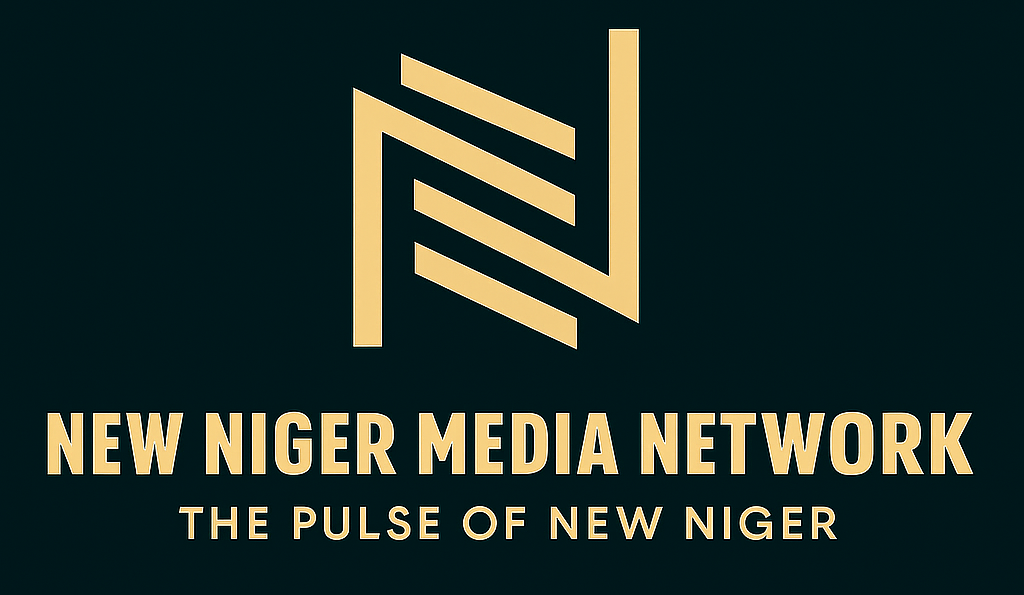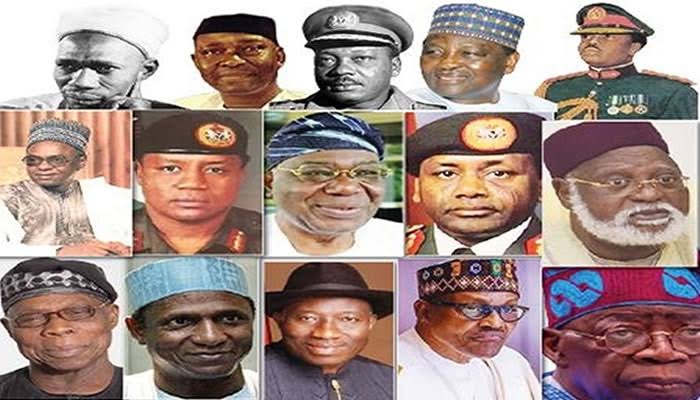By Mohammed Baba Yahaya
For far too long, the narrative of leadership in Nigeria has been framed as a battle between “us” and “them.” A palpable distrust simmers, where every government policy is met with cynicism, every public statement is dissected for hidden malice, and our leaders are viewed not as fellow countrymen but as occupying forces sitting on a national treasury that rightfully belongs to the masses.
This sentiment, born from decades of disappointment and unfulfilled promises, is understandable. Yet, it is a luxury we can no longer afford. For Nigeria to navigate its complex challenges and finally unlock its immense potential, we must consciously shift from a culture of perpetual condemnation to one of critical collaboration. It is time to recognize that our leaders are not aliens; they are a part of us, drawn from our communities, and their success is inextricably linked to our own.
The current paradigm, where the populace stands in constant opposition to its leadership, is a recipe for national stagnation. How can a vision for stable power, improved education, or modernized infrastructure take root when it is immediately uprooted by public scepticism before it even has a chance to germinate? Development is not a spectator sport; it is a collective endeavour. By automatically rejecting every initiative, we are not punishing the leaders—we are inadvertently sabotaging our own progress.
We must begin to see our leaders as partners, however imperfect, in the arduous task of nation-building. This does not mean blind, sycophantic support. It means engaging constructively. It means moving from shouting criticisms from the sidelines to offering viable solutions. It means holding them accountable not with venom, but with a steadfast demand for transparency and results.
The truth is, our leaders live among us, their families (by extension) use our hospitals, and they drive on the same dilapidated roads. The notion that they are entirely insulated from the consequences of a failing society is a myth. Their security and prosperity are ultimately tied to the collective security and prosperity of the nation. A leader cannot claim true success if the community they hail from is crumbling. Their legacy is our reality.
Therefore, we must learn to “key in” to national visions, not as an act of submission, but as an act of strategic ownership. When a policy is proposed, our first question should not be, “What are they stealing now?” but rather, “How can we make this work for our community?” and “How do we ensure its proper implementation?” This proactive approach transforms us from passive victims into active stakeholders.
This call for support is not a call for silence. Accountability is the lifeblood of democracy. We must continue to ask tough questions, expose corruption, and demand excellence. However, the ultimate goal of our critique should be to correct and improve, not merely to destroy and vilify. Let our feedback be the compass that guides the ship of state, not the storm that sinks it.
The journey to a greater Nigeria is a marathon we must run together. Our leaders need our support, our ideas, and our patience to drive the development we all crave. Likewise, they must earn that support through integrity, inclusivity, and tangible results. Let us break down the wall of enmity and build bridges of shared purpose. For only when the led and the leaders see themselves as one community, one society, with a common destiny, will the true wealth of our nation—our unity, resilience, and innovation—be fully unlocked for everyone.
The choice is ours: to remain entrenched in distrust, or to build together. Let us choose to build.


